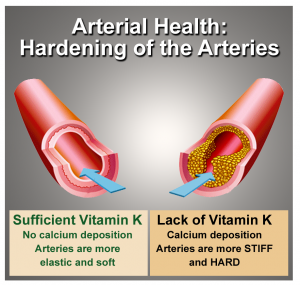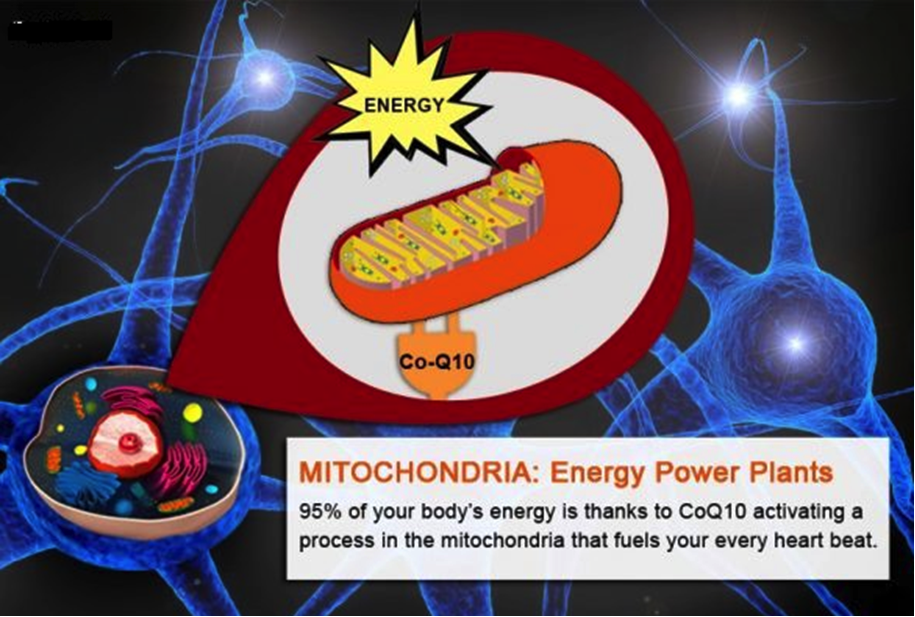
ATHEROSCLEROSIS
Atherosclerosis is a disease in which plaque builds up inside your arteries. Arteries are blood vessels that carry oxygen-rich blood to your heart and other parts of your body.
Plaque is made up of fat, cholesterol, calcium, and other substances found in the blood. Over time, plaque hardens and narrows your arteries. This limits the flow of oxygen-rich blood to your organs and other parts of your body.
Atherosclerosis can lead to serious problems, including heart attack, stroke, or even death.
Atherosclerosis is a chronic inflammatory condition that begins with the formation of calcified plaque
Calcium mineralization of the lumen in the atherosclerotic artery promotes and solidifies plaque formation causing narrowing of the vessel
Vitamin K2 reduces calcification in the vascular walls. lower risk of coronary heart disease (CHD), CHD mortality, all-cause mortality and severe aortic calcifications are seen with higher vitamin K2 intake (Figure 1)

Patients with high cholesterol levels are advised to follow a healthy diet and exercise regularly. Poor compliance and adherence to diet and exercise will often lead to a failure in controlling cholesterol levels and perhaps even more to an increase in the values compared to the initial ones.
In that case healthcare givers tend to prescribe some specific medicines called statins. You may have heard of some of the people around you consuming them. These medicines are very beneficial in controlling cholesterol levels and even reducing the risk of further heart attacks. However, this is done at the expense of some side-effects some of which could be very serious.
The remedy to this is to use natural products containing a natural statin derived from the red yeast rice. Red yeast rice has shown its efficacy in reducing blood cholesterol in patients at risk of developing heart disease.
On another hand and in patients taking statins or red yeast rice, it has been shown that Co-enzyme Q10 (CoQ10) which is involved in energy production of the cell is decreased (figure 2).

CoQ10 reduces myopathy (muscle weakness and damage) associated with statin use. On another hand, CoQ10 has antioxidant properties regenerating active forms of vitamin C and E. when CoQ10 binds to the bad cholesterol LDL, it makes it more resistant to oxidation, therefore less capable of digging under the artery fragile layer of cells called endothelium, and hence protects the artery from producing foam cells which are the first step in the development of the atherosclerotic plaque.
